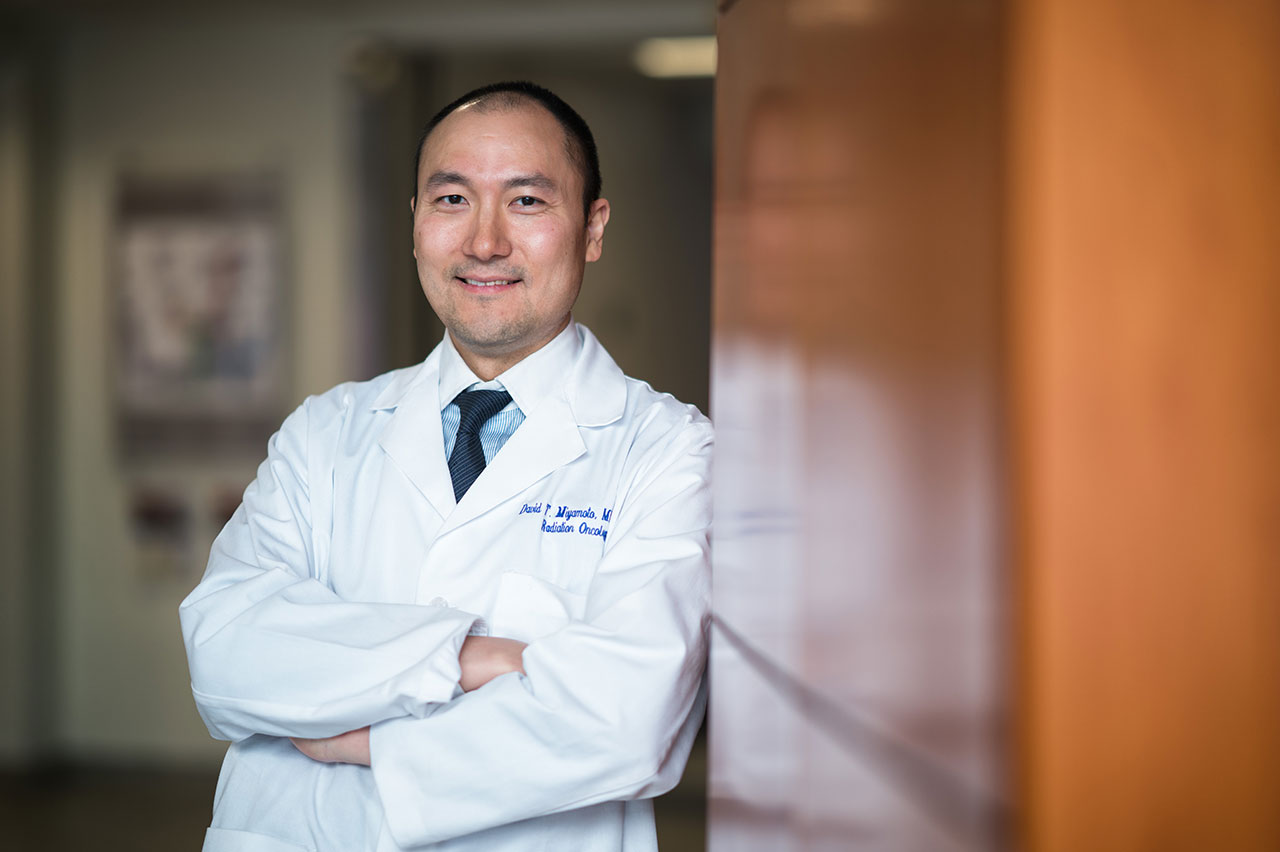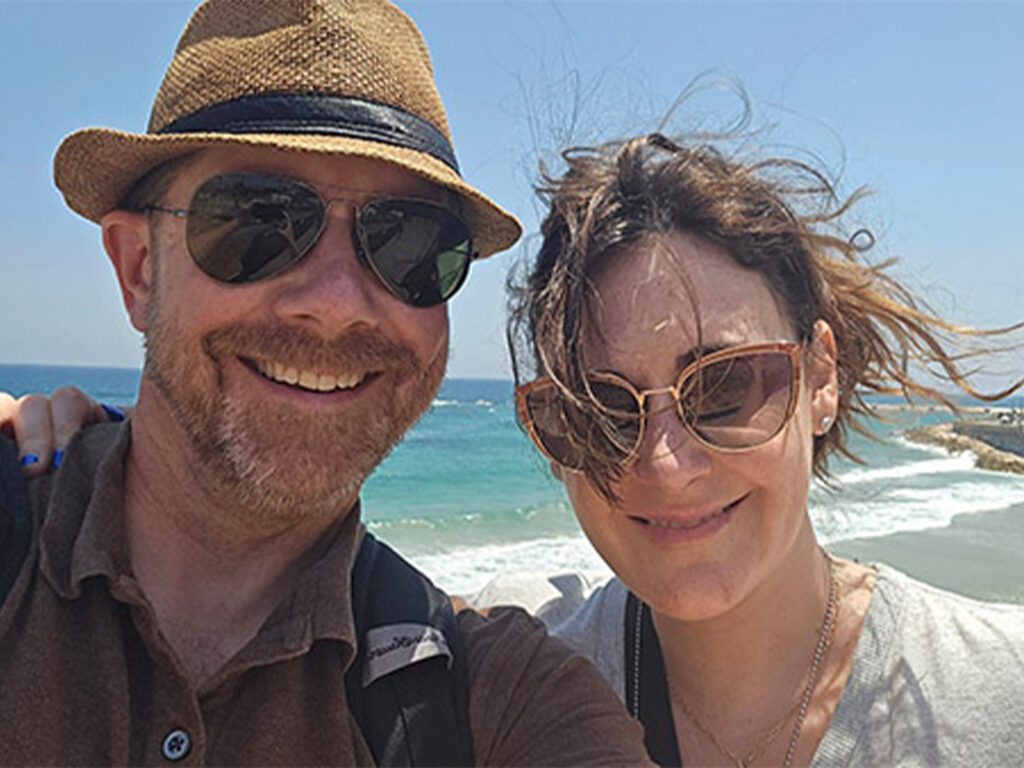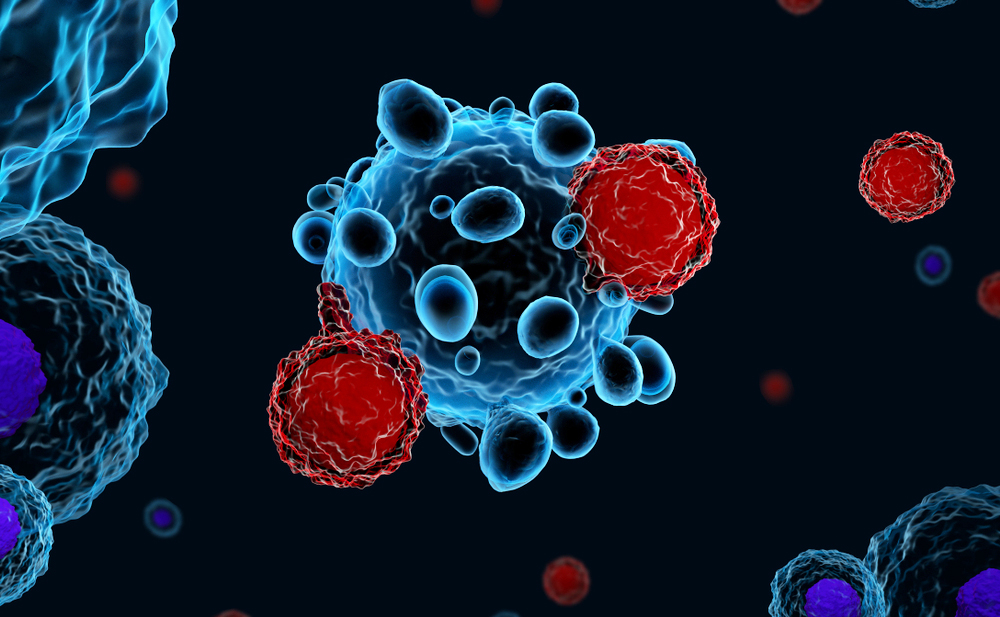David Miyamoto, MD, PhD, is an accomplished radiation oncologist who is exploring the development of novel biomarkers to guide prostate cancer therapy.
Dr. Miyamoto is an assistant professor of Radiation Oncology at Harvard Medical School, an attending radiation oncologist at Mass General, and a physician-scientist in the Center for Cancer Research. He is also a board-certified radiation oncologist specializing in genitourinary malignancies, who sees patients in the Bertucci Center for Genitourinary Cancers at the Mass General Cancer Center and the Department of Radiation Oncology.
Along with his focus on biomarkers in prostate cancer tissues, Dr. Miyamoto is working in collaboration with a team of bioengineers, molecular biologists, and clinician scientists on the development of sensitive microfluidic devices for the molecular analysis of circulating tumor cells (CTCs). CTCs are rare cancer cells shed from primary and metastatic tumors into the peripheral blood, and represent a “liquid biopsy” that may be performed repeatedly and non-invasively to monitor treatment efficacy and study tumor evolution during therapy. This approach is particularly relevant in metastatic prostate cancer, where the predominance of bone metastases limits the feasibility of tumor sampling using traditional biopsy.
In collaboration with the Bio MicroElectroMechanical Systems Resource Center and the Mass General Cancer Center, Dr. Miyamoto and his team have developed microfluidic devices to efficiently isolate CTCs from peripheral blood of patients. Dr. Miyamoto has authored more than 30 peer-reviewed publications in peer-reviewed scientific journals including Science, Cell and Cancer Discovery. His research has been supported by the Prostate Cancer Foundation, Department of Defense, National Cancer Institute and the Dana-Farber/Harvard Cancer Center.






